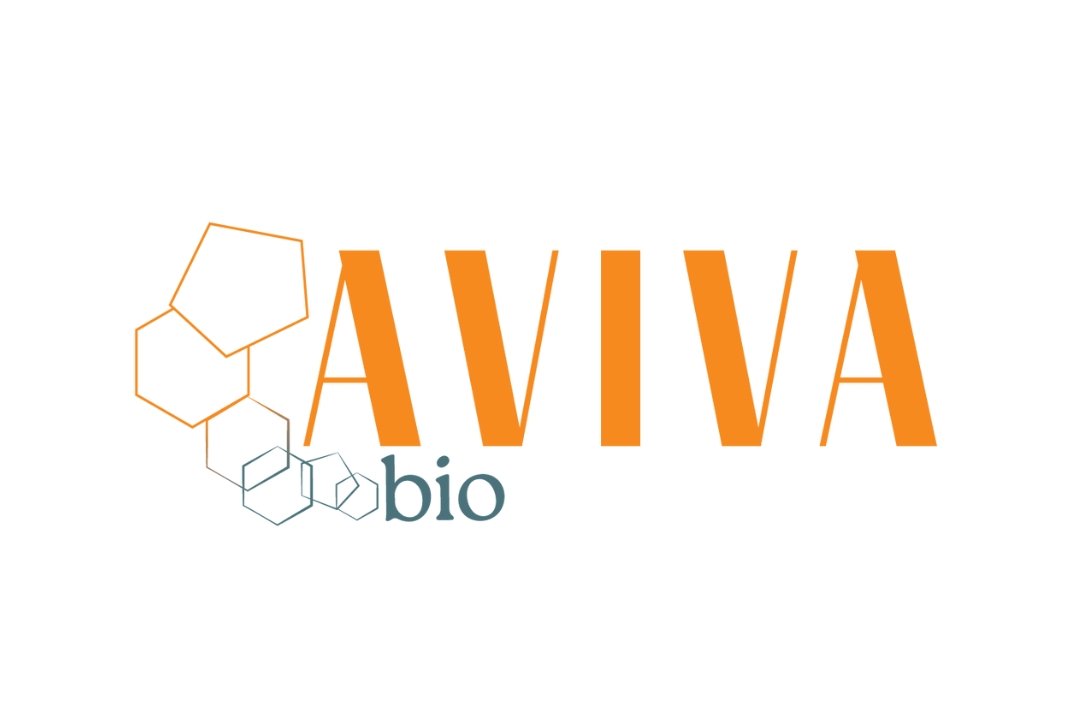The gender gap in health data has been a longstanding issue in medicine, affecting everything from diagnosis accuracy to treatment efficacy for women. Historically, medical research and health data collection have skewed towards men, often leaving women’s health concerns underrepresented. But this gap, as problematic as it is, presents a tremendous opportunity for femtech founders to step in and revolutionize healthcare for women.
The Health Data Gap: A Persistent Problem
Historically, women’s health has been sidelined in scientific research. Until the 1990s, women were routinely excluded from clinical trials, with the assumption that male-centered research could simply be applied to women. The result? Women suffer misdiagnoses at higher rates, especially in areas like heart disease, where symptoms may present differently than they do in men. Women are also underrepresented in studies on mental health, chronic pain, and autoimmune diseases, all areas where they statistically report higher incidences.
This bias has resulted in a lack of nuanced data around conditions that disproportionately affect women, like reproductive health disorders, menopause, and autoimmune diseases. It has created significant gaps in understanding how diseases and treatments manifest differently in women, leading to poor outcomes, mistreatment, and frustration.
Why This Gap is an Opportunity for Femtech
The health data gap presents an opportunity for femtech startups to address unmet needs and reshape healthcare for women. By creating solutions that prioritize women’s unique health challenges, femtech founders can make significant strides in areas where traditional healthcare has fallen short. Femtech—the umbrella term for technology-driven solutions focused on women’s health—includes everything from fertility tracking and menstrual health apps to telehealth platforms and wearable health devices tailored to female physiology.
1. Targeting Specific Health Needs
Femtech allows for the creation of products specifically addressing under-researched areas such as menstrual health, menopause, and maternal care. With personalized health tracking apps and wearable devices, femtech founders can gather real-time data and insights into women’s health trends, identifying patterns and challenges previously overlooked. This type of data collection provides a far richer understanding of women’s health, laying the groundwork for further innovations in treatments, diagnostic tools, and patient care.
2. Building a Data-Driven Foundation for Better Care
Access to data is the backbone of medical advancement. By collecting vast amounts of health data specific to women, femtech companies can build datasets that more accurately represent the female experience. For instance, tracking patterns in conditions like endometriosis or PCOS, which affect millions of women globally but are poorly understood, can lead to earlier diagnoses and more effective treatment plans. In doing so, femtech startups are laying a data-rich foundation that will ultimately benefit women’s health research as a whole.
3. Empowering Women to Take Control of Their Health
Femtech founders are also empowering women to take control of their own health through digital health tools that offer insights into their bodies. Apps that track menstrual cycles, mental health, hormonal changes, or sleep patterns are not just helpful—they’re revolutionary. By making health data accessible and digestible, femtech companies enable women to understand their unique health needs better, enhancing their ability to make informed choices.
4. Attracting Investment in a Growing Market
The global femtech market is projected to grow rapidly over the coming decade. According to estimates, the market could be worth over $50 billion by 2025. Investors are beginning to recognize the potential in femtech as it addresses a critical gap in the healthcare system. This attention not only drives funding for new startups but also validates the importance of prioritizing women’s health. For femtech founders, this is a perfect time to secure support for groundbreaking projects.
The Future of Femtech: A Data-Driven Revolution in Women’s Health
Closing the health data gap for women will have long-term positive implications for everyone. As femtech startups generate valuable data and insights, they’re helping create a healthcare ecosystem that’s more inclusive, equitable, and effective. By tackling issues that have long been neglected, femtech founders have a unique chance to impact millions of lives and lead the charge towards a healthcare system that values and prioritizes women’s health.
In conclusion, while the health data gap is a stark reminder of medicine’s historical biases, it also highlights an enormous opportunity for femtech founders. By using technology to address specific women’s health issues and collecting data that was once overlooked, femtech is pioneering a new era in personalized healthcare, empowering women and helping shape a more accurate and comprehensive approach to health and medicine for all. For femtech founders, this is more than a business opportunity; it’s a chance to lead meaningful change in an industry that’s long overdue for a transformation.










